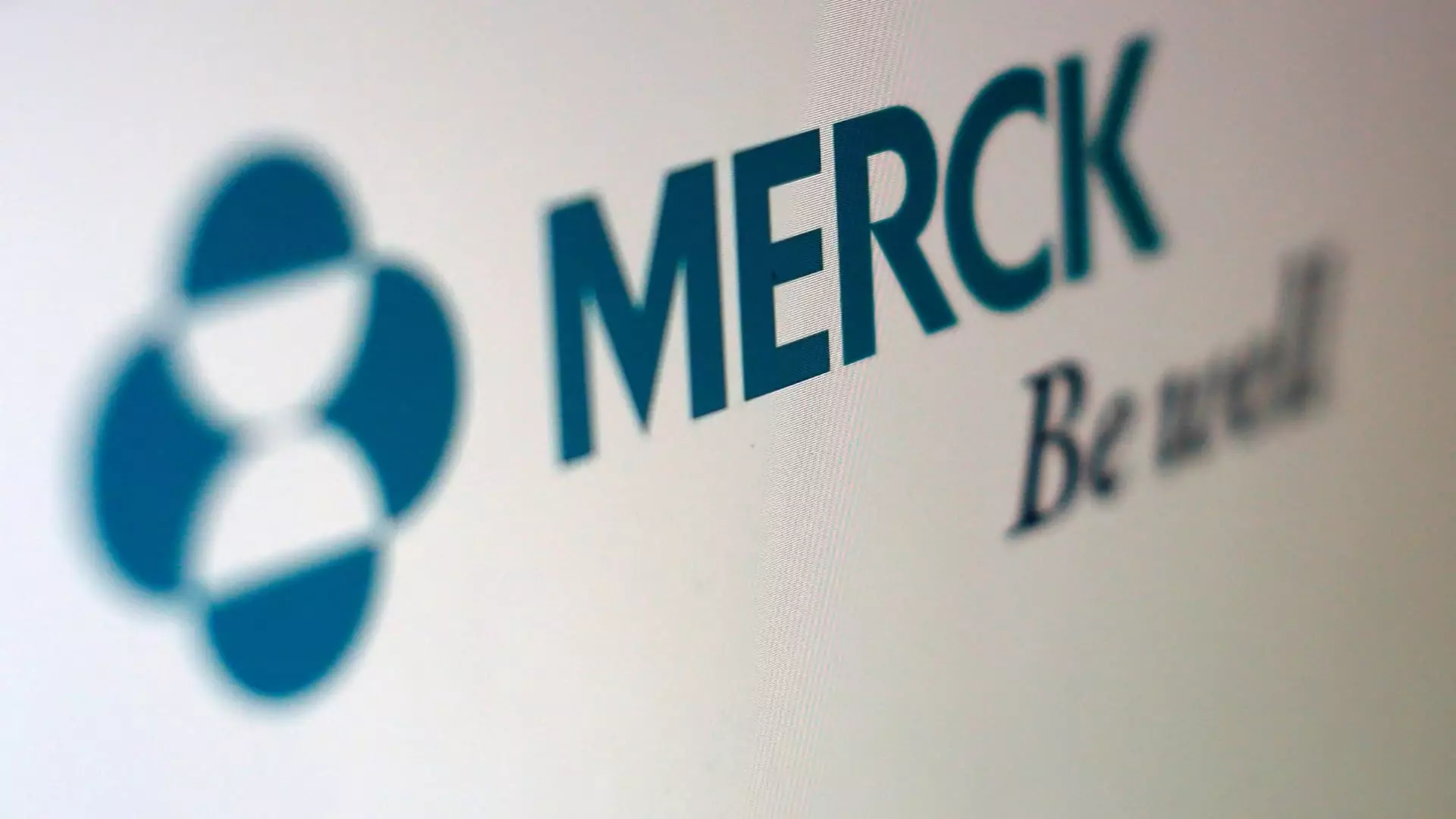The recent approval by the Food and Drug Administration (FDA) for Merck’s preventative monoclonal antibody, Enflonsia, marks a watershed moment in the fight against respiratory syncytial virus (RSV). This development is particularly crucial given the rampant criticism surrounding existing vaccines and treatments, which have often been in short supply and inconsistent in efficacy. The availability of Enflonsia not only diversifies treatment options but also injects much-needed competition into a market that has long relied on a limited portfolio. This article explores five compelling reasons why this new therapy is not just an alternative but potentially a game-changer for infants and their families during the RSV season.
1. Proactive Measures to Combat a Deadly Virus
RSV is infamous for its severe impact on infants and older adults, leading to thousands of hospitalizations and hundreds of deaths annually. By introducing Enflonsia just in time for the RSV season, Merck underscores the importance of a proactive approach to public health. This proactive stance can help alleviate the overwhelming burden that RSV places on healthcare systems and families alike. As confirmed by Merck’s research, Enflonsia showed an astounding 84% reduction in RSV-related hospitalizations among infants within the first five months of treatment. This level of efficacy should galvanize more parents and healthcare providers to take preventive measures seriously.
2. Compelling Convenience
One of the standout features of Merck’s new treatment is that it can be administered to infants regardless of their weight. This is a significant advantage over rival treatments, like Sanofi and AstraZeneca’s Beyfortus, which requires dosage adjustments based on an infant’s body weight. The convenience of dosage eliminates any uncertainties or complications, allowing healthcare professionals to confidently administer Enflonsia to their young patients. This ease-of-use feature is a blessing in not just administrating healthcare but also minimizing stress for parents during a worrying RSV season.
3. Meeting a Dire Demand for Options
The past RSV seasons have laid bare the shortcomings in the existing treatments, particularly during periods of high demand. When Sanofi and AstraZeneca’s Beyfortus experienced a national shortage, many families were left with no viable options for their vulnerable infants. Merck’s introduction of Enflonsia serves as a much-needed alternative in a time of crisis, ensuring that families won’t be scrambling in desperation when the RSV season rears its ugly head. Given that healthcare equity has become a focal point in public health discussions, the emergence of a reliable alternative is reassuring.
4. Competition Breeds Innovation
In the pharmaceutical industry, competition often leads to enhanced innovation and better patient outcomes. By having an additional player in the market with Enflonsia, the stage is set for a “race” among manufacturers to innovate further. This could compel Sanofi and AstraZeneca to refine their offerings or explore additional advancements in treatment for RSV. Ultimately, it’s the patients who stand to benefit from this competitive landscape as companies strive to outdo one another in efficacy and availability.
5. Progress Amidst Challenges in Vaccine Development
The conversation surrounding vaccines for RSV has been mired in controversy, particularly after recent safety evaluations paused trials for vaccines aimed at young children. The success of monoclonal antibodies like Enflonsia offers a meaningful counter-narrative, illustrating that viable alternatives to traditional vaccines do exist. This is not just a stopping point; rather, it opens the door for more robust research and investment into diverse methodologies for combating RSV and similar viruses. The FDA’s encouragement of multiple avenues of treatment gives hope that we are not confined to limited options when facing respiratory ailments in the future.
Merck’s Enflonsia introduces not just another treatment but another layer of hope for infants vulnerable to RSV. With unprecedented efficacy, ease of administration, and the promise of increased market competition, this development is a clarion call for proactive healthcare measures. As families prepare for the impending RSV season, Enflonsia might just offer the shield they need to mitigate a virus that has long haunted pediatric health.

